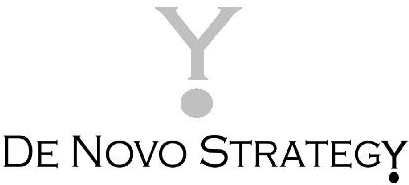In the beginning of 2009, the media was pushing the idea that this would be the year for the community bank. Many smaller banks had not weighted down their balance sheets with subprime loans, asset-backed securities and complex derivatives. In theory, they had the stability to pick up loan customers that had been turned away by larger institutions. Columbus Business First published an article entitled, "Larger competitors' retrenchment may give smaller banks opening." And Business Week said, "As big banks struggle, community banks are stepping in to offer loans and lines of credit to small business customers."
Getting in to the banking industry during a power shift from big banks to small ones would appear to be an attractive opportunity for bank executives and community leaders who wish to be bank investors. But the predictions of a few publications don't sufficiently address the risk involved in buying a bank. Bank investors need to have some framework for separating the good targets from the bad ones.
Characteristics of at-risk community banks
In a speech made last July, San Francisco Fed President Janet Yellen summarized the characteristics of at-risk community banks. She cited:
- High concentrations of construction loans for speculative housing projects
- Concentrations of land acquisition and development loans
- Poor appraisal systems
- Weak risk-monitoring systems
Looking ahead, Yellen also identified "income-producing office, warehouse, and retail commercial property" as an area of potential risk. She cited rising vacancies and poor rent dynamics, which are putting negative pressures on property values. These value declines can be particularly problematic for maturing loans that need to be refinanced. Community banks that maintain large portfolios of commercial property loans should be proactively managing these risks. Bank acquisition groups should verify that target banks are updating property appraisals, recognizing impairments early, and negotiating work-outs with borrowers when appropriate.
Tim Coffey, Research Analyst for FIG Partners, LLC, agrees that commercial real estate is the next area of risk for banks. In an interview, Coffey said,
I think the residential portion of this correction has been dealt with and recognized by bankers and market participants alike. The next shoe to drop is going to be commercial real estate. I don't think there is really any kind of argument about that. How messy it's going to be compared to the residential part remains to be seen.
Coffey's comment was included in a report by The Wall Street Transcript that also quoted commentary from other banking analysts. The consensus among them was that some community banks are still facing potentially disastrous problems ahead.
Separating the good acquisition targets from the bad ones, then, requires careful analysis of the balance sheet, loan portfolio and the bank's current risk management practices. If the bank isn't managing risk proactively, there could be unknown problems brewing within the loan portfolio. Buying a bank with known problem assets is a manageable challenge-but buying a bank with unknown problem assets is something else entirely.


